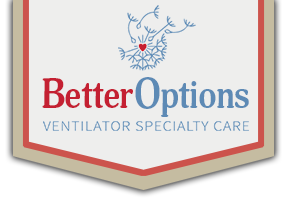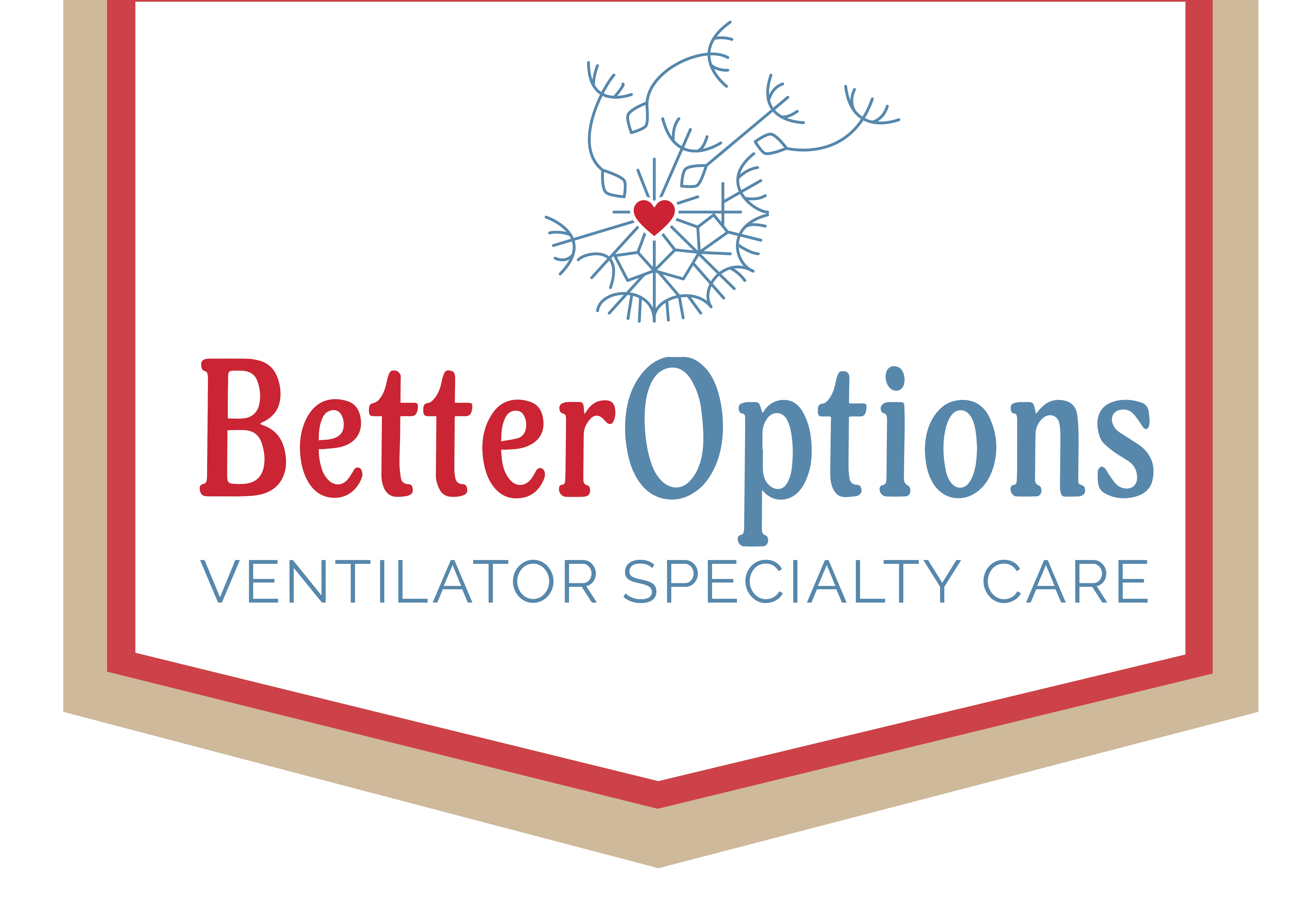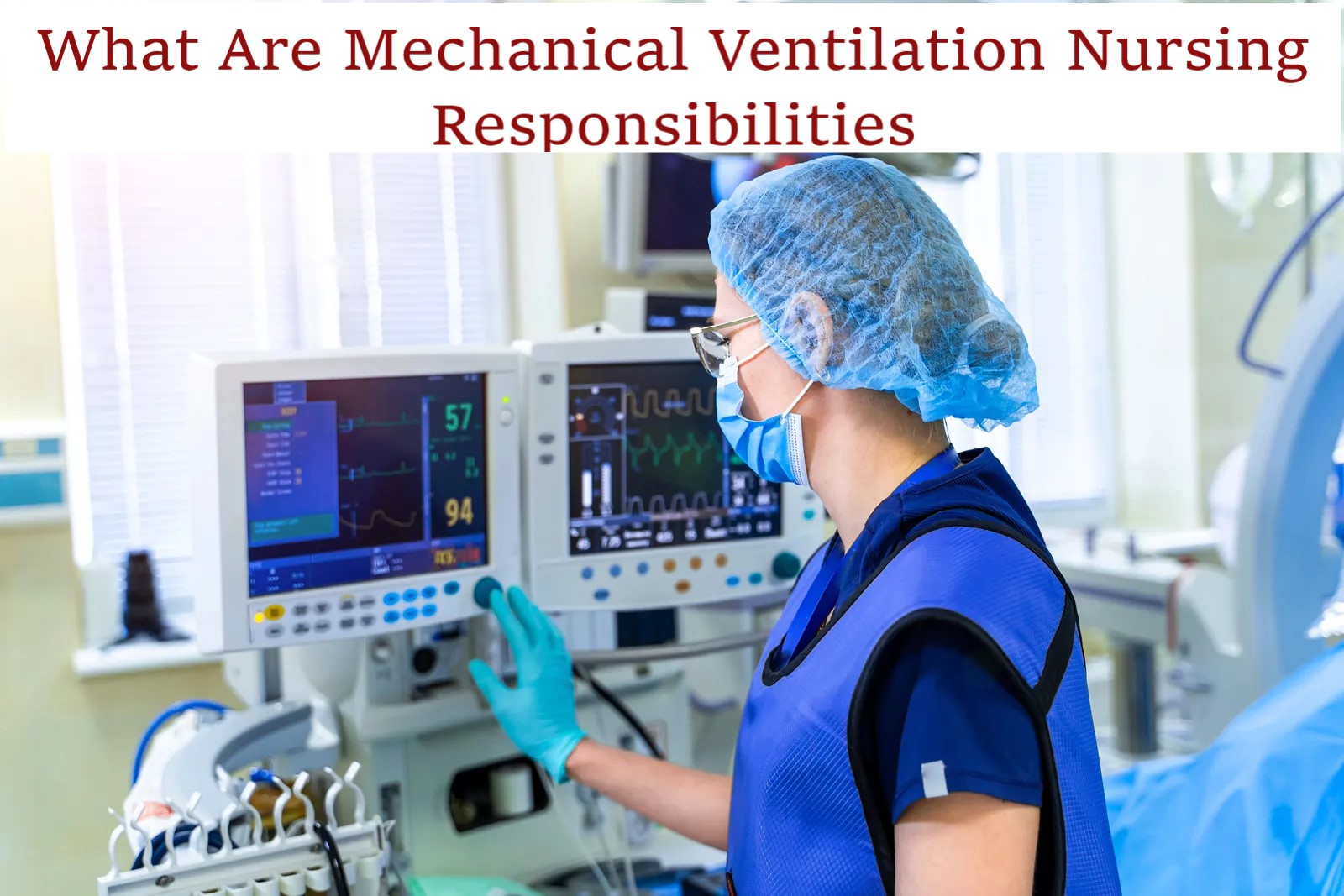Mechanical ventilation is a critical mechanism used in healthcare regime to provide life support to patients having compromised respiratory function. These machines are designed to fulfill special ventilating needs of the patients thus come with bundle of settings which are not easy to manage by a non-professional person. This is the reason medical staff, nurses, is specially trained to control these ventilating machines so that patients can get a safe supply of oxygen with comfort.
This article explores the basic nursing responsibilities required to handle patients dependent on mechanical ventilators.
Monitor Ventilator Settings and Patient Responses
One of the basic responsibilities of the nursing staff taking care of the ventilated patients is to regularly monitor the settings of the machine and the responses of the patients. This involves nurses deeply observe different parameters like blood pressure, heart rate and most importantly oxygen saturation and end-tidal carbon dioxide level. Nurses are trained to vigilantly monitor and adjust various settings of the ventilators to guarantee optimal oxygenation as well as smooth ventilation.
Assessment of Airways and Breathing
Nurses are assumed to examine sounds coming out of the lungs of the patient, expansion of airways, and breathing patterns as a whole. They must be eligible to identify any signal of respiratory discomfort, airway obstruction or any other medical complication like pneumothorax. Timely recognition of these issues and prompt reaction in case of emergency is a part of training of nurses to avoid major consequences.
Suctioning and Airway Management
Airway management is crucial to provide proper ventilation and avoid aspiration. Nurses are responsible to clear the secretions from the airway of the ventilated patients and prevent accumulation of unnecessary mucus that can hinder breathing. Nurses are responsible to minimize the strain to the airway tissues using specialized suctioning techniques.
Managing Ventilator Associated Complications
Pneumonia and lung injury are common complications associated with mechanical ventilation, especially when ventilation gets prolonged. Nurses can play an important role in avoiding such complications. They are responsible to practice infection control techniques including oral care to avoid oral cavity infections, ensure patient’s proper positioning to avoid pneumonia or pressure ulcers and encourage chest physiotherapy or early mobilization to maintain lung functionality.
Nurse’s Communication and Collaboration
Mechanical ventilation involves a multidisciplinary approach where nurses are at the forefront to collaborate with physicians, healthcare professionals and most importantly with respiratory therapists. To accurately judge the progress of the patient and adjust the settings of the ventilator accordingly, nurses need to address the status of the patient promptly and precisely with the doctors and therapists.
Weaning and Extubation
The decision of weaning patient off ventilation facility is totally dependent on the observation and recommendation of the nurses. The nurses are bound to assess and timely address the factors that can help physicians to decide whether a patient is ready for extubation. Skilled nursing assistance during extubation also reduces expected complications and facilitates the shifting to spontaneous breathing.
Nurses Should Provide Basic Education to Patient and Family
The duty of a nurse does not end after the patient is weaned off the ventilator or is shifted his home. Nurses take the responsibility to educate patients as well as family members about mechanical ventilation instead. They inform caregivers the purpose of the ventilating machine, its benefits or associated potential risks and expectations during treatment. Proper communication with the patient or its family members ensures proper care of the patient even when nursing staff is not approachable.
Looking For Best Long Term Care of Your Ventilated Patients?
If you are looking for the best facility where 24/7 proper care of ventilated patients is done with all modern facilities, choose BetterOptions services. You can Call Us Now (+01) (360) 607-8028) OR Send An Email for further details.


